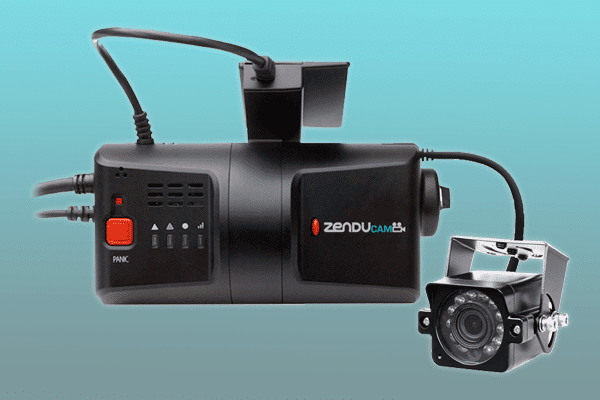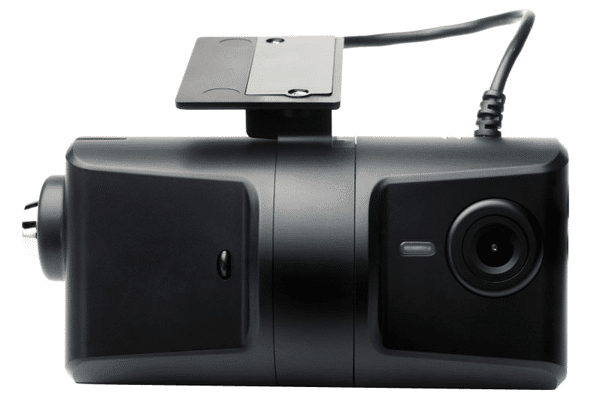One of the world’s leading psychologists, Anders Ericsson, says that deliberate practice is the best way to master a skill. That can be difficult to apply to drivers, or really to most jobs. Deliberate practice involves setting goals outside an individual’s comfort zone, reviewing performance, and adjusting to fix mistakes. In other words, endless hours of driving experience may not make a driver better but a driver will improve if he or she is carefully monitored and is then given specific ways to improve.
For fleet managers looking to improve the performance of their drivers, the best thing may be to install dash cameras as part of a telematics system that can track performance and give impartial feedback to drivers. Dash cams have long been in almost every car in Russia, largely to overcome lax or even corrupt accident investigations. This has led to an incredible volume of accident footage on YouTube, but the cameras can do way more than just explain what happened in an accident. Dash cams can change fleet driver behavior in order to prevent accidents.
The key is reviewing driver performance and providing feedback, and this can be accomplished by pairing dash cams with a device that can track speed, acceleration, braking and other basic information. That allows the system to know when a driver shows poor behavior and then pair that information with dash cam video. For example, the system could be set up to flag every time a driver exceeds the speed limit. A good dash cam system could then send the driver (and his or her manager if necessary) a series of links to video of those over-speed incidents. Reviewing the incidents can help pinpoint why a driver sometimes speeds and that can allow the driver to improve his or her behavior. Many systems can also offer real-time driver corrections, such as an over-speed warning light or noise.
Many dash cams can also be integrated into a multi-camera system with a microphone. This can give fleet managers a very complete understanding of a driver’s situation. Fleet managers can see if a driver is using a cell phone or distracted by the radio. Multiple cameras can help show how quickly a driver recognizes a problem and then reacts. A rear view camera can show how a driver practices defensive driving to handle other aggressive drivers. This information can often be provided immediately back to fleet managers, viewed by drivers on a tablet, or collected and then distributed in a report for each trip or for a certain time period.
ZenduCAM will capture instant footage during an accident that you can use to either exonerate yourself from fault or to train your drivers on accident avoidance without ever having to remove the camera from the vehicle. Wireless connectivity capability via wifi or cellular network allows you to access data anytime, anywhere.



